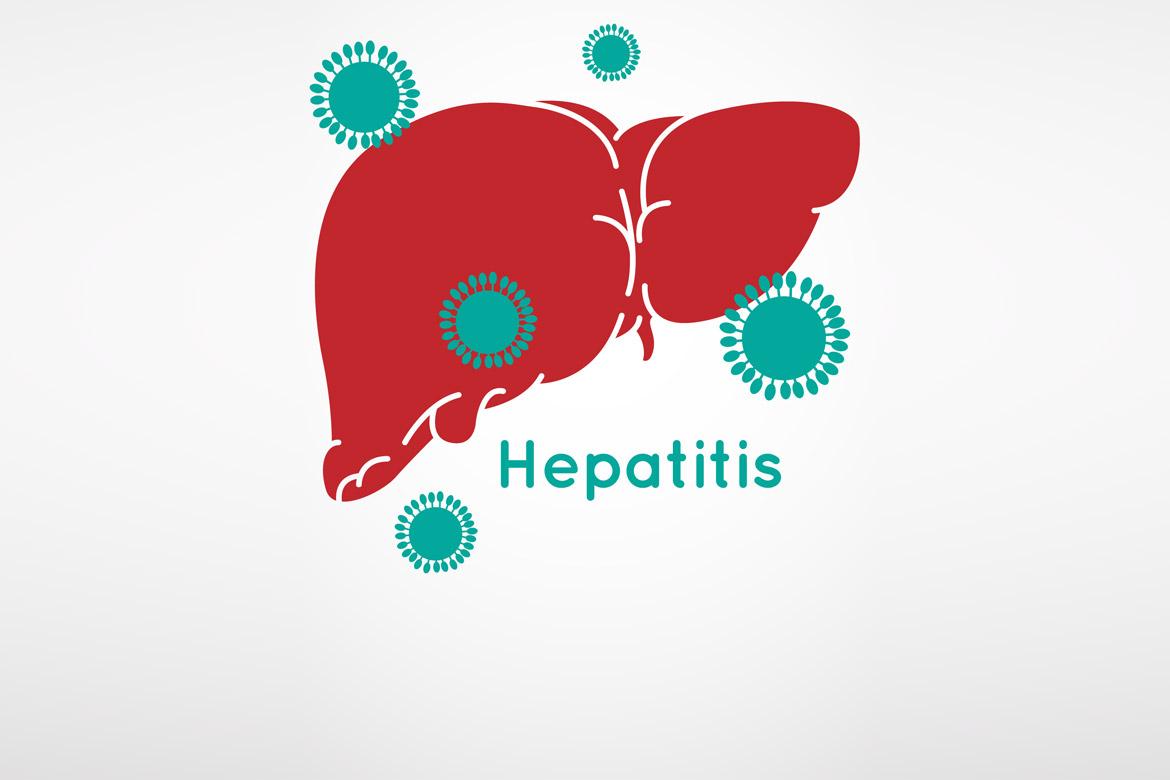
Hepatitis (A, B, C)
Frequently asked questions
A: Hepatitis A, B and C are caused by viruses and are contagious, but each of them has different modes of transmission.
In a hepatitis A infection, an individual is most contagious soon after infection. Individuals who are otherwise healthy usually become non-contagious 2 weeks after the illness begins. However, children and individuals with weak immunity may remain contagious for up to 6 months.
In an acute hepatitis B infection, symptoms may not develop for 1 – 4 months after exposure, but even then an individual is contagious. The virus can survive outside the body and remain infectious for at least 7 days. Infectivity of a person with chronic hepatitis B may be very long and depends on the stage of the disease as well as how much virus is present in this person's body.
In an acute hepatitis C infection, any individual who tests positive is potentially contagious from 1 week or more before the onset of symptoms. The contagious period is indefinite in individuals with chronic hepatitis C until they are cured of the infection.
A: Hepatitis A is usually transmitted through faecal-oral contact. It cannot be spread through sweat, saliva, or kissing.
Hepatitis B and C are both transmitted when an individual comes into contact with the blood or body fluids of an infected person. It cannot be spread through sweat or dry kissing, but there is a risk of transmission through saliva in deep kissing if there is bleeding or trauma in the mouth from it.
A: There are effective medications to treat and suppress hepatitis B virus.
A: The hepatitis B vaccine works by helping the body produce antibodies against the virus. It is suitable for all age groups, including infants and nursing mothers. Individuals with human immunodeficiency virus (HIV) can also take the vaccine to avoid getting infected by hepatitis B.
Under the National Childhood Immunisation Schedule (NCIS) in Singapore, all infants receive 3 doses of the hepatitis B vaccine by their first 6 months after birth. Adults who have not been previously vaccinated, or who have never been infected before, should receive 3 doses too, with the second and third doses administered at 1 month and 6 months after the first dose.
The vaccine may cause some mild side effects, such as redness or swelling at the injection site. Some people also experience a fever or headache. These effects typically last for only 1 – 2 days. Serious allergic reactions are rare.
A: Both the hepatitis A and hepatitis B vaccines are very effective and offer long-term protection against the virus. Studies show that immunity against hepatitis A and B may last for at least 20 – 30 years in healthy individuals who complete the full course of vaccination.
A: Hepatitis A vaccination is helpful in preventing infection caused by the hepatitis A virus (HAV). It is recommended for individuals above 1 year of age who are living in or travelling to developing countries where hepatitis A is widespread.
The hepatitis A vaccine may be given as a single shot intramuscular injection, or in combination with other vaccines. Usually 2 – 3 doses may be required, depending on your age and type of vaccine.
Speak to a doctor if you are at risk of contracting hepatitis A and wish to get vaccinated.
A: The hepatitis B vaccine is available at most clinics in Singapore, including Parkway Shenton clinics.
A: Hepatitis B and C are worse than hepatitis A as they can result in chronic long-term infection and permanent liver damage.
These 2 infections can also increase the risk of liver cancer and liver failure.
A: Hepatitis B cannot cause acquired immunodeficiency syndrome (AIDS). They are caused by different viruses – hepatitis B is caused by the hepatitis B virus (HBV), while AIDS is caused by the human immunodeficiency virus (HIV).
However, since both viruses are transmitted in similar ways (such as through unsafe sex or by sharing infected needles), there is a possibility of being infected by both viruses at the same time.
A: No, both infections are different. HPV stands for human papillomavirus. Unlike hepatitis B infection, HPV infection causes skin or mucous membrance growths, such as warts, that can sometimes develop into cancer. HPV is usually spread through sexual or skin-to-skin contact.
This coverage checker is brought to you by Health Insured, an online resource that helps you understand your health coverage in Singapore.
This page has been reviewed by our medical content reviewers.
Need help?
For enquiries, please call
+65 6250 0000 (Orchard) or +65 6898 6898 (Novena)
For appointment bookings, please WhatsApp
+65 8111 7777 (Orchard) or +65 8111 5777 (Novena)
 Brain & Spine Care
Brain & Spine Care






